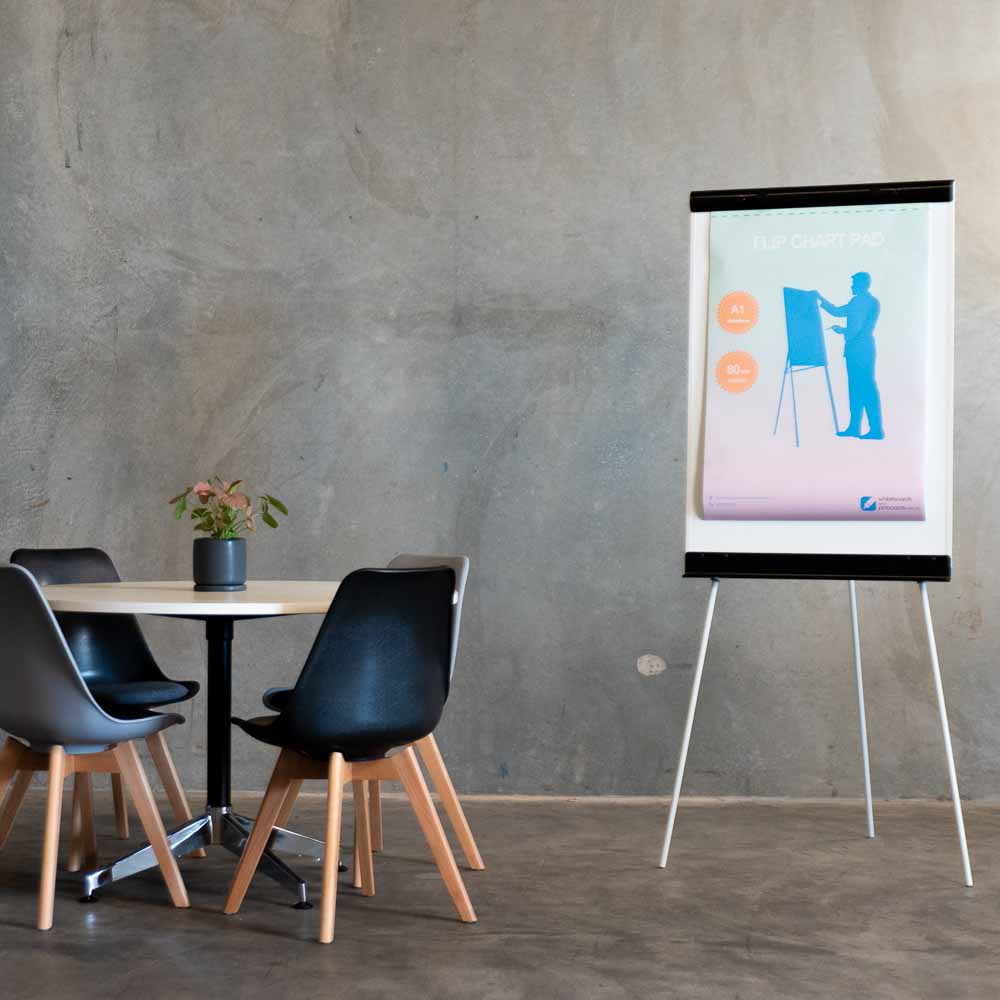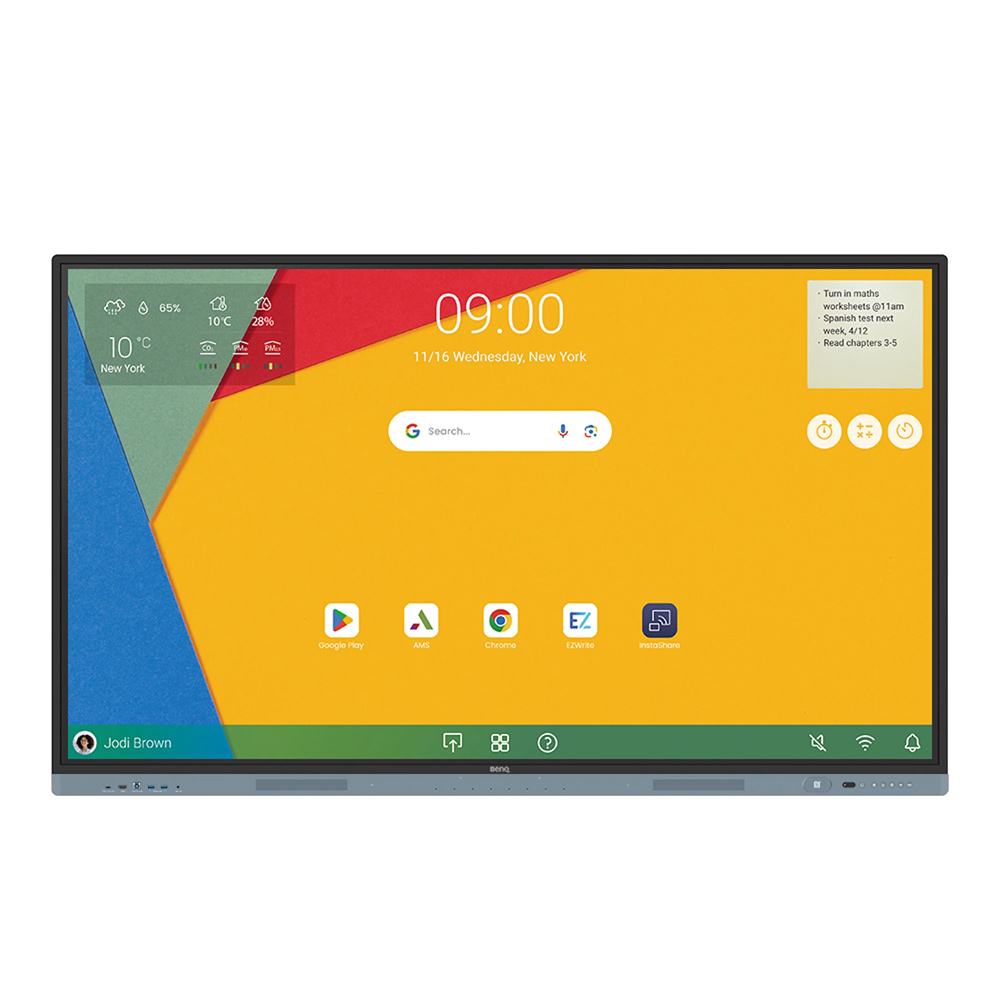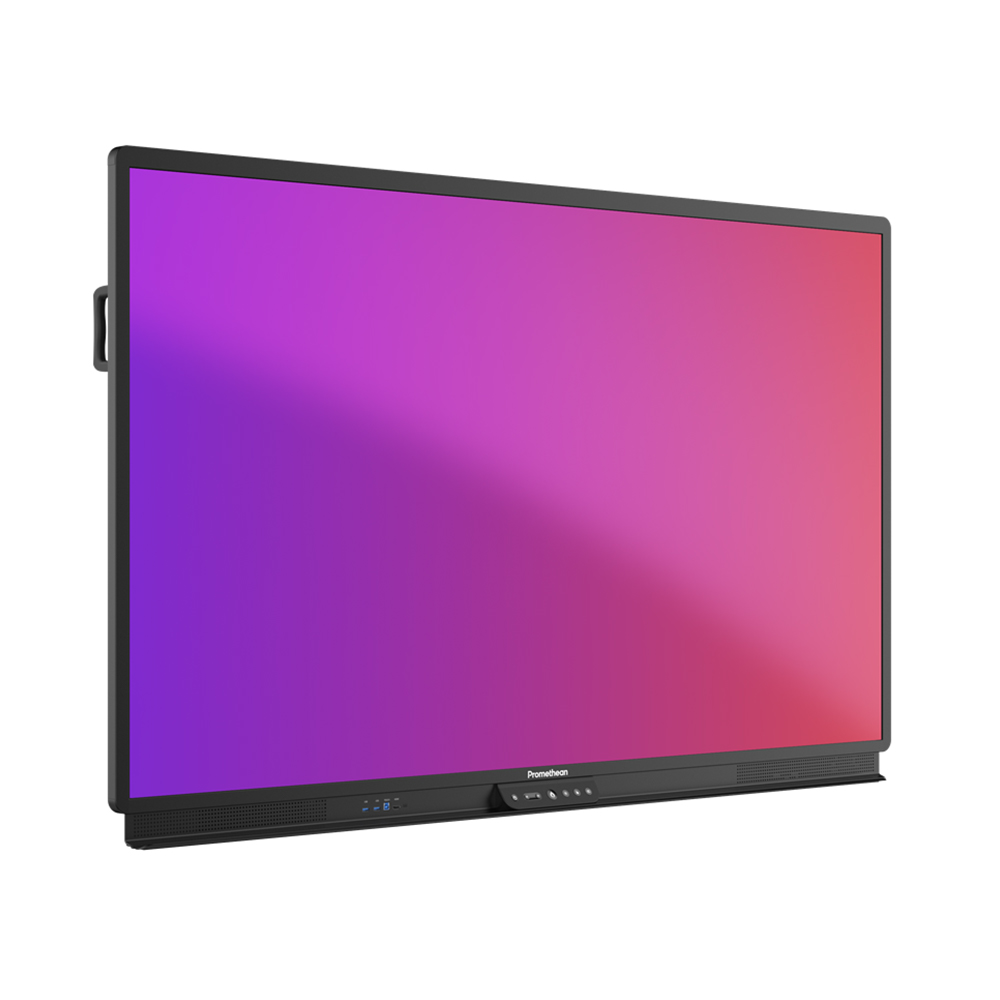Have you ever attended a presentation that seemed like it would never end?
Too many presentations dwell on trivial stats and data, bore audiences with banal anecdotes and leave minds (and eyes) wandering towards smartphone screens.
The thought of keeping an audience engaged in this age of shrinking attention spans is enough to give even the most confident speaker serious performance anxiety.
If you’re planning a presentation, take a leaf out of the professional’s playbook: stick to proven strategies and plan your routine meticulously.
Here are some top tips to get you started:
Prepare Down to the Last Detail
Let’s get a few things straight:
Preparation isn’t writing a down a few notes or jotting down some bullet points. Nor is it preparing a set of badly designed Powerpoint slides at the last minute.
If you’re invited to make a presentation, you need to carefully research your audience, know who you’re speaking to and find out what they’re expecting from this exchange.
“Exchange” is the part most people forget. Presentations aren’t a one-way street. The audience isn’t sitting in front of your presentation for the fun of it. They have a clear outcome in mind. It’s your job to find out what information you need to convey to them.
Grab Attention Early On
If you start a presentation by introducing yourself, you’ve blown it.
If at any point you utter the phrase “Let’s get started”, you’ve blown it.
Sound harsh?
Modern audiences have lower attention spans than ever before. You need to hook them early on with a stunning piece of information or a thought-provoking anecdote before moving on to the main thrust of your speech.
Need some pointers? Watch any decent TEDX speech to see how the pros make a memorable opening gambit.
Research the Presentation Space
No, this doesn’t mean a quick call to check which conference room you’ll be setting up in.
How a speaker is positioned, and the space between the lectern and the audience can have a huge impact on the overall vibe of the presentation.
Professional speakers will also work movement into their routines. If you’re going down that route, research audio options and make sure the room you’ll be speaking in isn’t an irregular shape with bad acoustics.
Don’t Rely on PowerPoint Presentations
Powerpoint is a great tool to illustrate key points you’re discussing.
However, many amateur speakers use the slides themselves as a script for the main speech. That’s a terrible trap to fall into, and a surefire way of boring an audience to tears.
A great way to level up your presentation skills is to ditch Powerpoint entirely and sketch ideas on large whiteboards or flipcharts to add some dynamism to your speech.
Pretend it’s a Conversation
Inexperienced speakers often write monolithic scripts that they read from without deviation.
Professional speakers realise that successful presentations always involve audience participation. That doesn’t necessarily mean that you need to field questions or turn your presentation into a debate, it simply means that you treat the audience as if they’re participants in a light-hearted conversation.
Don’t be afraid of stepping away from the lectern and taking a more conversational tone. It’s the best way to boost engagement.
Incorporate Stories
Story telling is a powerful device. It’s part of what makes us human.
Being able to captivate an audience with a memorable and relatable story is a powerful tool for speakers. Just make sure it’s relevant to the subject at hand.
Get Professional Coaching
Even if your presentation is a one-off affair, getting professional coaching is the easiest (and fastest) way to improve your technique on the big day.
A private coach will pick up on areas of weakness that you hadn’t even contemplated. They’ll not only help you hone your skills, they’ll give advice on the composition of your presentation and give the sort of feedback you can’t get from well-meaning friends or relatives.
Record, Evaluate, Improve
Finally, if you’re serious about improving your skills as a speaker you’re going to need to record your performances. Don’t think for a moment this is only for the egotistical. Setting up a camera to record your presentation is a powerful learning tool that shouldn’t be overlooked.
Presentations are a trial by fire for a novice, but with careful planning and a willingness to learn, you might find yourself becoming the next TedX sensation!










